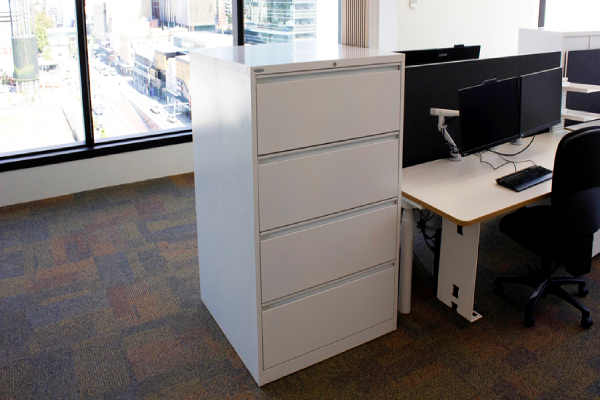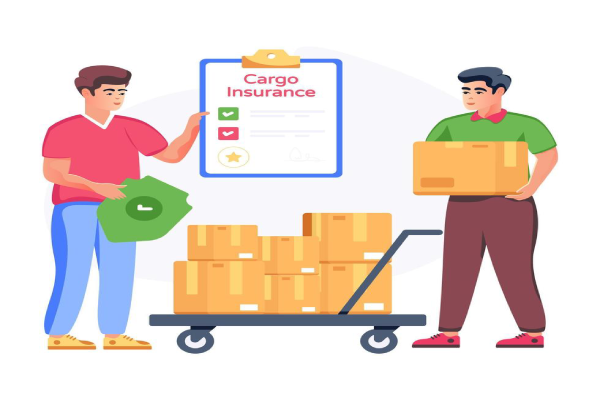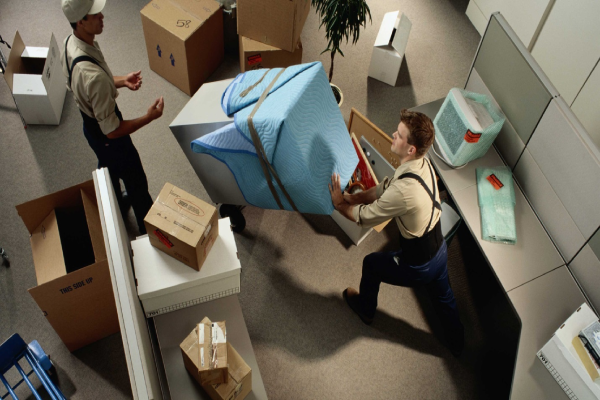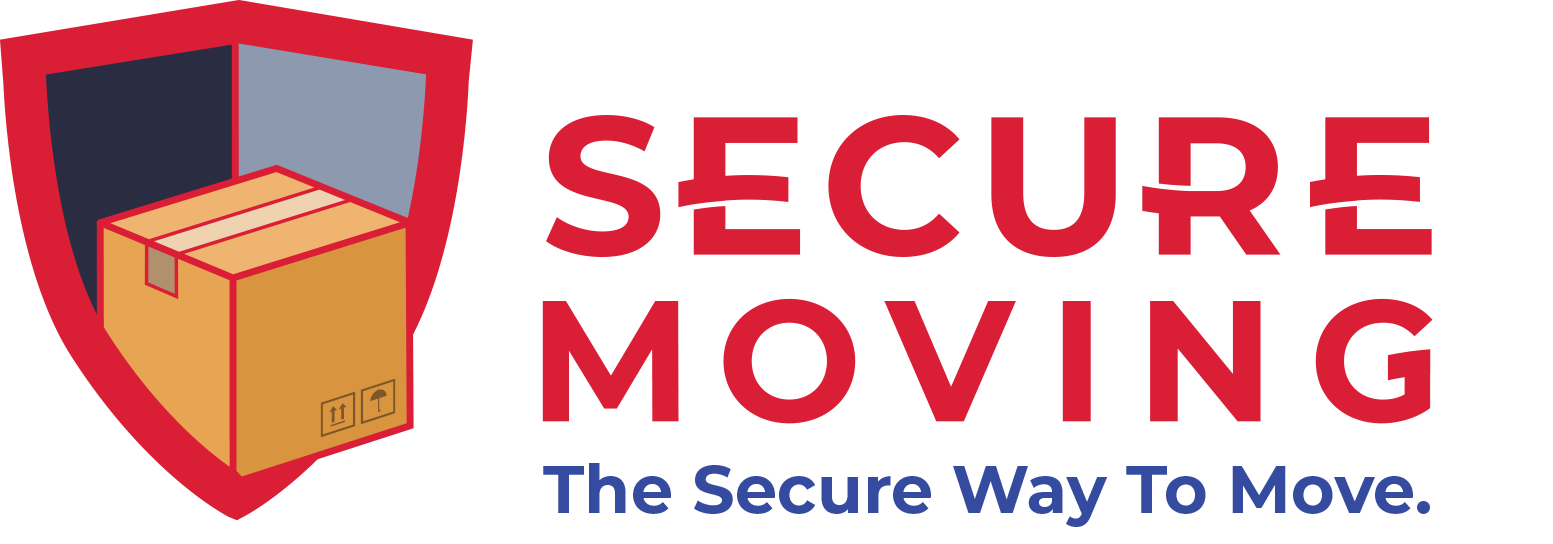Moving houses or offices is a significant event, and the choice of the appropriate moving company can be a challenging factor. Among the most important factors are moving company rules, the need for a moving company license, and also for a certificate of insurance moving. This article will guide you through everything you need to know about international moving company licenses and regulations, choosing certified international movers, and why it is important to hire licensed and insured professionals.

Regulations and Permits: What Does a Moving Company Need
All certified international movers are required to comply with strict moving company rules that are for protecting customers and ensuring fair business practices. Here are some of the rules:
- In the United States, interstate moving companies are regulated by the Federal Motor Carrier Safety Administration (FMCSA). The FMCSA sets requirements for safety, insurance, and consumer protection. Companies that move across state lines must register with the FMCSA and adhere to its regulations.
- In Canada, and more specifically in British Columbia, relocation firms must adhere to provincial law, and the BC Services Card is used to verify a mover’s credentials and identity. These policies restrict access to only qualified and reputable companies to reduce the opportunity for fraud or loss of your possessions.
- Movers must offer insurance for your belongings. Basic coverage is usually included, but it’s limited. For better protection, you can choose full-value coverage. Some countries also require extra third-party insurance by law.
- The other moving company rules include that movers must offer insurance for your belongings. Basic coverage is usually included, but it’s limited. For better protection, you can choose full-value coverage. Some countries also need extra third-party insurance by law.
- Estimates of prices must be given in writing. The estimate must cover labor, transport, packing, and other fees. You should not accept the secret fees, and false pricing can result in company fines.
- Companies have to handle your property with care. Breakable or easily damaged items should be packed and labeled securely. Offensive, perishable, or very valuable items are not allowed by them.
- Equipment for moving and trucks must be safe and in good condition. Workers should be trained in safe lifting and proper handling. Special permits are needed for large or long-distance moves.
- Companies must clearly outline their cancellation terms. This involves refund terms, rescheduling, and time limits. They should give them to the customers in writing.
These moving company rules operate at the local, state, and federal levels and cover everything from how movers handle your possessions to how they resolve conflicts.
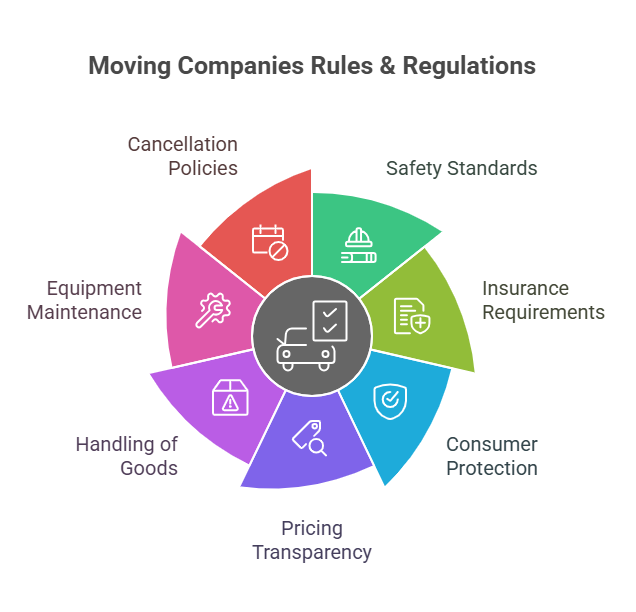
Essential Licenses for Moving Companies
A moving company license is not simply a formality, it is a license to prove that a mover is legally allowed to work and meets all regulatory requirements. Depending on where and how a company operates, several licenses are necessary:
• USDOT Number
Any business transporting goods from state to state within the U.S. must be issued a unique USDOT number by the FMCSA. The number allows authorities and clients to check the safety record and compliance of the business.
• MC Number (Operating Authority)
Movers that handle interstate or specialized shipments must also have an additional MC number, which further authenticates their operating authority.
• Local or State Business Licenses
Many cities and states require moving companies to get business licenses, which are periodically renewed and validate adherence to state and local laws.
To verify valid moving company regulations and permits, go to the FMCSA’s web-based database or the concerned provincial authority’s website. Do not hesitate to ask a company for verification of their license before hiring them.
The Importance of a Certificate of Insurance Moving
A certificate of moving insurance (COI) is a document that proves a moving company carries an existing insurance policy. It is essential for both the mover and the customer. Insurance protects your belongings in case of accidents, damage, or loss while moving.
There are several types of insurance that a good mover should carry:
- Liability Insurance: This covers damage to your property or injuries that happen during the move.
- Cargo Insurance: Covers your belongings in transit.
- Workers’ Compensation: Protects against any injury to moving staff so that you are not liable.
Most office buildings and apartment buildings require movers to have a certificate of insurance moving before they will let them into the building. Always request this document and review the terms of coverage. Remember that a company that cannot provide a valid certificate is a major red flag.

How to Choose Certified International Movers for Your Move
International relocations are complex and have additional regulations, customs requirements, and logistical challenges. Certified international movers are members of recognized industry organizations such as FIDI or IAM. When you are selecting overseas movers, look for the following:
- International permits and licenses.
- Membership in global moving associations.
- Good customer feedback and experience with international moves.
- Good descriptions of charges, customs formalities, and insurance cover.
These certifications show that the company meets strict standards for professionalism, reliability, and customer service.
How to Verify a Moving Company’s License and Insurance
Verifying moving company regulations and permits is a critical process of protecting yourself from scams and unskilled operators. Here are some steps to do it with the best methods:
1. Cross-check the FMCSA Database:
In the US, visit the FMCSA’s website and enter the company’s USDOT or MC number to verify their license status, safety record, and complaint history.
2. Verify Provincial or Local Registries:
In Britain Columbia in Canada, use the BC Services Card system or local government authorities to check if a company is genuine.
3. Request Documents
Ask for duplicates of licenses and insurance certificates from the mover. Review them carefully and don’t hesitate to bring in the issuing authorities to check.
4. Look for Red Flags
You should avoid hiring movers who refuse to provide documentation, have no physical address, or give generic contact information.
Customer Experience and Trustworthiness
Real-life experiences from customers are helpful when evaluating moving companies. Positive reviews and testimonials indicate that a company handles customers’ belongings with care. For example, Sarah from Vancouver shared her experience:
“I was nervous about my international move, but after checking my mover’s FMCSA registration and insurance certificate, I felt much more confident. The company was transparent and professional, and my belongings arrived safely.”
Such stories highlight the importance of working with companies that are not only licensed and insured but also have a proven history of customer satisfaction.

How Secure Moving Complies with Regulations and Provides Insurance
Secure Moving possesses all the licenses required, including a USDOT number and local business licenses. Secure Moving provides customers with a certificate of insurance upon request and is transparent with their coverage limits. It provides 5 million liability insurance and WCB (work’ compensation) insurance.
We also display our credentials on the website and ask customers to cross-check their information from regulatory databases. This openness builds trust and guarantees clients that their move is in trustworthy hands.
Make Your Move Stress-Free with Secure Moving
If you are moving your house or office, Secure Moving Company is ready to help. With over 15 years of experience, new trucks, power lift gates, and full moving gear, we handle your move quickly and safely. Our competitive pricing, $5M insurance coverage, and 12-hour daily support mean you’re in expert hands. For a trusted and reliable moving company in Vancouver, call Secure Moving today and experience a stress-free relocation.
FAQs
- Do Moving Companies Need a License?
Yes, every moving company requires a license, state or provincial licenses for local movers, and federal licenses for interstate or foreign movers (e.g., from the FMCSA in the United States).
- What Is a Certificate of Insurance (COI) for Moving?
A Certificate of Insurance (COI) is an official document provided by the mover’s insurance company that confirms the company has active property and liability insurance.
- What Are the Requirements for International Movers?
Global movers need to adhere to customs regulations, overseas shipping laws, and licensing, such as registration with insurance coverage, freight forwarders, and customs brokers.


